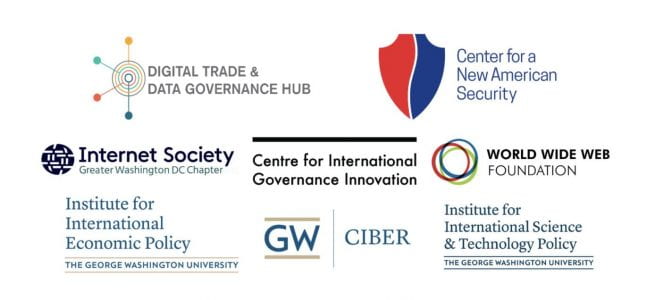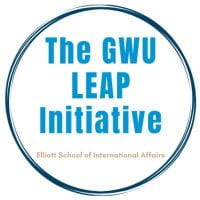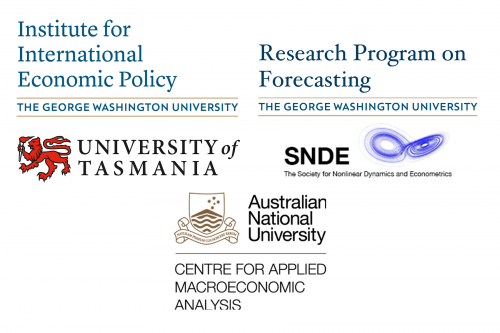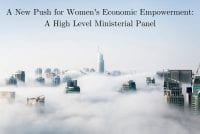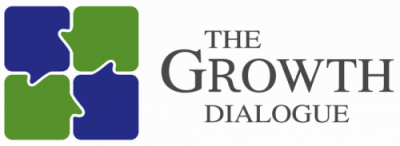October 28, 2020
11:00 am – 12:30 pm
via WebEx
The Institute for International Economic Policy (IIEP) and the International Monetary Fund (IMF) hosted a virtual discussion of the IMF’s October 2020 World Economic Outlook.
Agenda
11:00 – 11:05 a.m. Welcoming Remarks:
James Foster and Jay Shambaugh, IIEP Co-Directors, George Washington University
11:05 – 11:35 a.m. Chapter 1: Global Prospects and Policies
Presenter: Malhar Nabar, International Monetary Fund
Discussant: Claudia Sahm, SAHM Consulting
11:35 a.m. – 12:00 p.m. Chapter 2: The Great Lockdown: Dissecting the Economic Effects
Presenter: Francesca Caselli, International Monetary Fund
Discussant: Tara Sinclair, George Washington University
12:00 – 12:25 p.m. Chapter 3: Mitigating Climate Change: Growth-and-Distribution-Friendly Strategies
Presenters: Florence Jaumotte , International Monetary Fund
Discussant: Ken Gillingham, Yale University
12:25 – 12:30 p.m. General Q&A and Concluding Remarks
Chapter 1: Global Prospects and Policies
The months after the release of the June 2020 World Economic Outlook (WEO) Update have offered a glimpse of how difficult rekindling economic activity will be while the pandemic surges. During May and June, as many economies tentatively reopened from the Great Lockdown, the global economy started to climb from the depths to which it had plunged in April. But with the pandemic spreading and accelerating in places, many countries slowed reopening, and some are reinstating partial lockdowns. While the swift recovery in China has surprised on the upside, the global economy’s long ascent back to pre-pandemic levels of activity remains prone to setbacks.
Chapter 2: The Great Lockdown: Dissecting the Economic Effects
To contain the coronavirus (COVID-19) pandemic and protect susceptible populations, most countries imposed stringent lockdown measures in the first half of 2020. Meanwhile, economic activity contracted dramatically on a global scale. This chapter aims to dissect the nature of the economic crisis in the first seven months of the pandemic. It finds that the adoption of lockdowns was an important factor in the recession, but voluntary social distancing in response to rising infections also contributed very substantially to the economic contraction. Therefore, although easing lockdowns can lead to a partial recovery, economic activity is likely to remain subdued until health risks abate.
Chapter 3: Mitigating Climate Change: Growth-and-Distributional-Friendly Strategies
Without further action to reduce greenhouse gas emissions, the planet is on course to reach temperatures not seen in millions of years, with potentially catastrophic implications. The analysis in this chapter suggests that an initial green investment push combined with steadily rising carbon prices would deliver the needed emission reductions at reasonable transitional global output effects, putting the global economy on a stronger and more sustainable footing over the medium term.
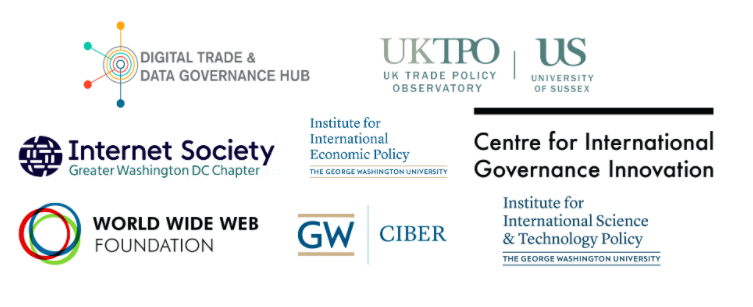

 Maggie Xiaoyang Chen
Maggie Xiaoyang Chen

